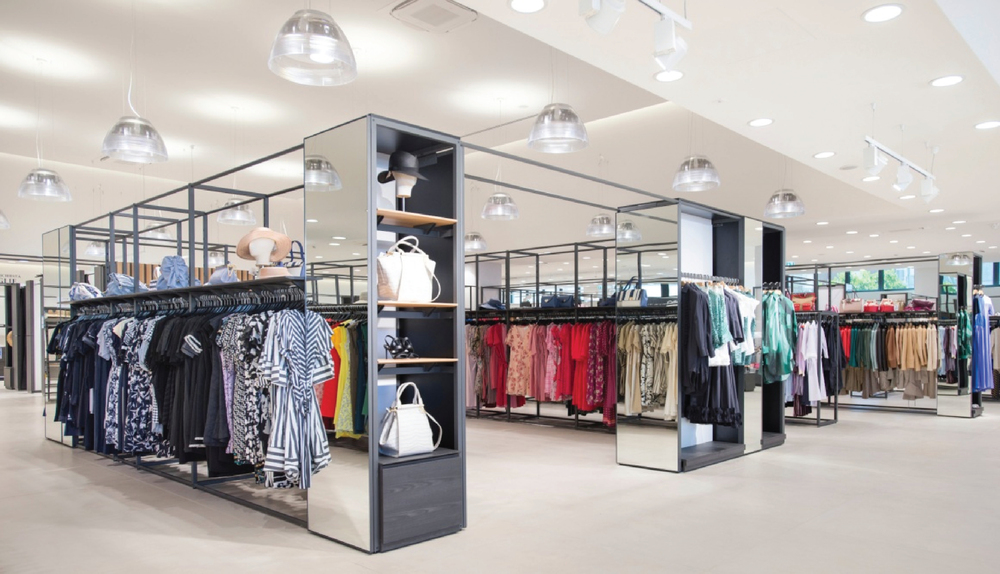Industry trends
How is RFID changing the rules of the retail game
1. 8. 2025
3 minutes read
In today's competitive world of retail, speed and customer experience are critical. And it is RFID (Radio Frequency Identification) technology that is becoming the invisible hero that is revolutionising the day-to-day operation of stores.

What is RFID?
RFID is a technology that enables contactless identification and tracking of products using wireless waves. Each product is tagged with a so-called RFID tag, which contains a unique identifier. These tags can be read remotely by readers – even in hundreds of pieces at a time, without direct contact.
The fundamental difference from a traditional barcode? RFID doesn't need optical contact and is able to read items in bulk. This saves time, reduces errors and opens up new possibilities.
How RFID is changing retail
The introduction of RFID into retail stores is changing the way brands:
1. They track merchandise
Instead of manual checks, paper or software inventories, a store can scan an entire warehouse or sales floor in minutes wirelessly. Inventory accuracy ranges up to over 99 %.
2. Controls replenishment
RFID allows you to immediately see which items are missing from your store – not only by product type, but also by size, color or model. Replenishment is then automated and targeted.
3. Improve the customer experience
New payment methods like wireless self-checkout or Scan&Pay, which are much faster and easier. Also omnichannel, customers can check online whether a product is available in a particular store.
4. Minimise losses
RFID can also be used for theft prevention – by connecting with security gates and tracking the movement of goods in combination with AI camera system can perfectly detect theft or track down missing items.
Examples from Zara, Decathlon, Uniqlo
Zara (Inditex)
Zara has implemented RFID in thousands of its stores around the world. The results?
-
Inventory takes only 20% of the original time
-
Warehouse data accuracy has increased over 95%
-
Replenishment has accelerated, leading to higher sales and customer satisfaction
Decathlon
All 100% of Decathlon products are RFID tagged – thanks to this:
-
Have automated checkout processes and better user experience
-
They have ensured fast check-in of customers, there are no queues
-
Manages logistics more efficiently and transparently
Uniqlo
RFID has been deployed in more than 3,000 stores worldwide and uses more than 2 billion RFID tags annually. They have declared the benefits:
-
Speed up inventory by 90% – thanks to RFID, Uniqlo handles a complete store inventory in minutes instead of hours of manual scanning.
-
Inventory accuracy has increased above 95%, greatly improving product availability and minimizing outages.
-
Self-checkout with RFID allows customers to pay for their entire purchase at once, without the need for individual scanning – speeding up check-in and shortening queues.
-
Higher staff efficiency – less time spent on warehouse tasks, more space for customer care and sales activities.
The retail of the future starts now
RFID has long been a vision of the future. It's a reality that successful brands use every day. If you're looking for a way to streamline your operations, reduce costs, increase sales and offer a better customer experience, RFID may be just the solution.
Back to top